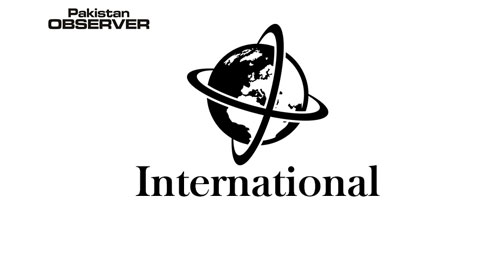Riyadh,
Saudi Arabia unveiled plans Monday to triple its value added tax and halt monthly allowances to citizens as part of a series of austerity measures amid record low oil prices and a coronavirus-led economic slump.
The measures, which state media said would boost state coffers by 100 billion riyals ($26.6 billion), come as the government steps up emergency plans to slash spending to deal with the twin economic blow.
The austerity drive could stir public resentment amid an already high cost of living and intensify scrutiny of lavish multi-billion dollar state projects and expenditure including the proposed purchase of English football club Newcastle United.
“It has been decided the cost of living allowance will be halted from June 2020 and VAT will be raised from 5 percent to 15 percent from July 1,” Finance Minister Mohammed al-Jadaan said in a statement released by the official Saudi Press Agency.
Jadaan insisted the measures were necessary to shore up state finances amid a “sharp decline” in oil revenue as the coronavirus pandemic saps global demand for crude.
The government was also “cancelling, extending or postponing” expenditure for some government agencies and cutting spending on projects introduced as part of the ambitious “Vision 2030” reform programme to diversify the oil-reliant economy, the minister added.
In an apparent effort to sweeten the bitter pill, state energy giant Aramco slashed domestic fuel prices by nearly half starting from Monday.
The savings from the austerity measures are unlikely to plug the kingdom’s huge budget deficit, which the Saudi Jadwa Investment group forecast would rise to a record $112 billion this year.
Saudi Arabia, the top crude exporter and the Arab world’s biggest economy, has shut down cinemas and restaurants, halted flights, and suspended the year-round umrah pilgrimage in a bid to contain the deadly virus.
Saudi Arabia, along with other Gulf states, imposed a five percent tax on goods and services in 2018 in a bid to generate additional revenue.
The petro-state had also introduced a cost of living allowance for its citizens of 1,000 riyals ($266) each per month — handouts totalling billions of dollars, to cushion the impact of rising costs.—APP









